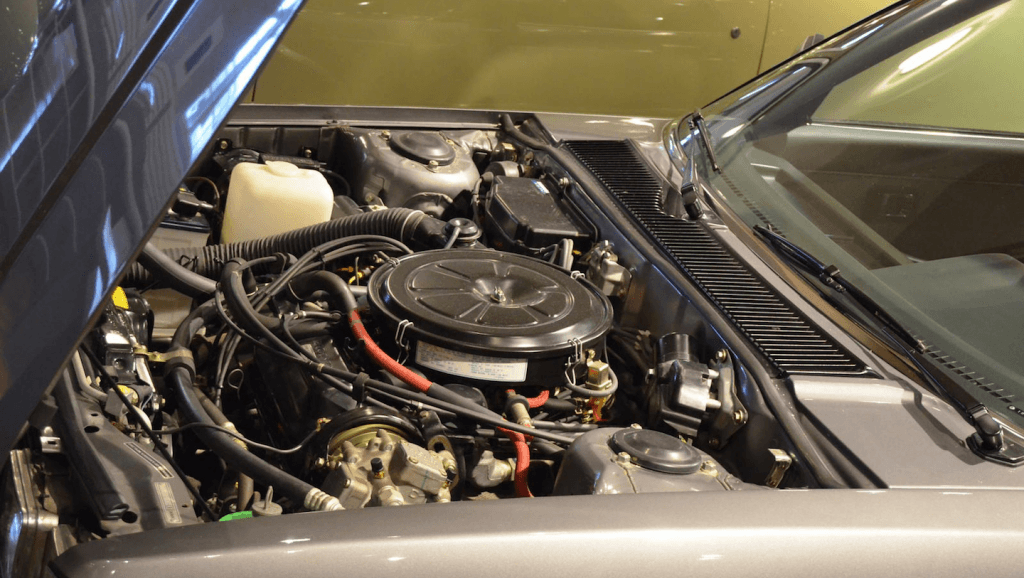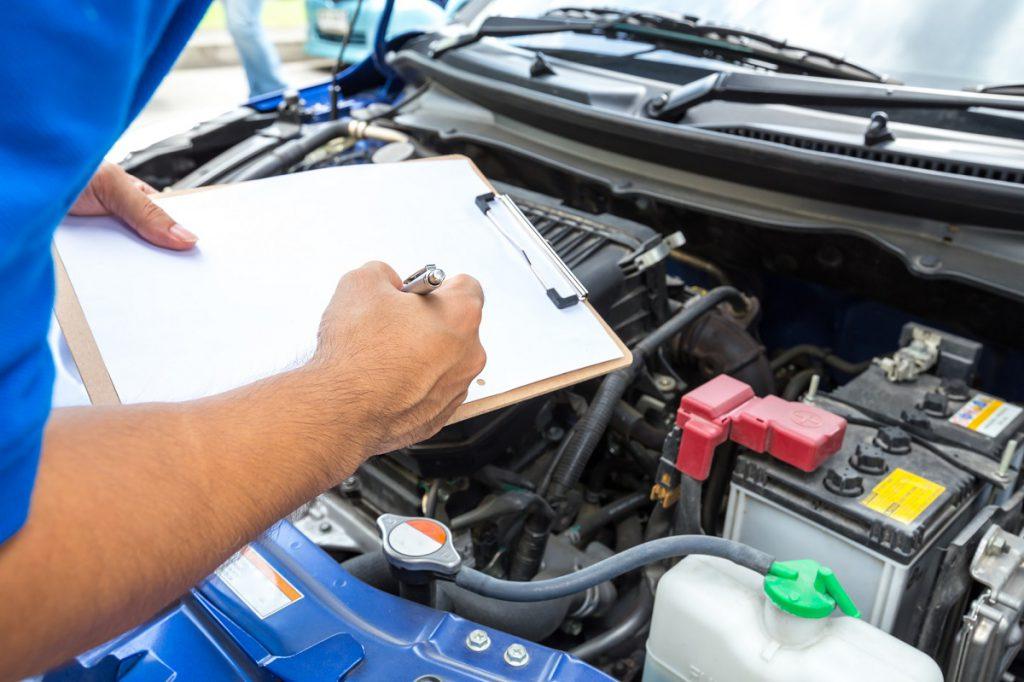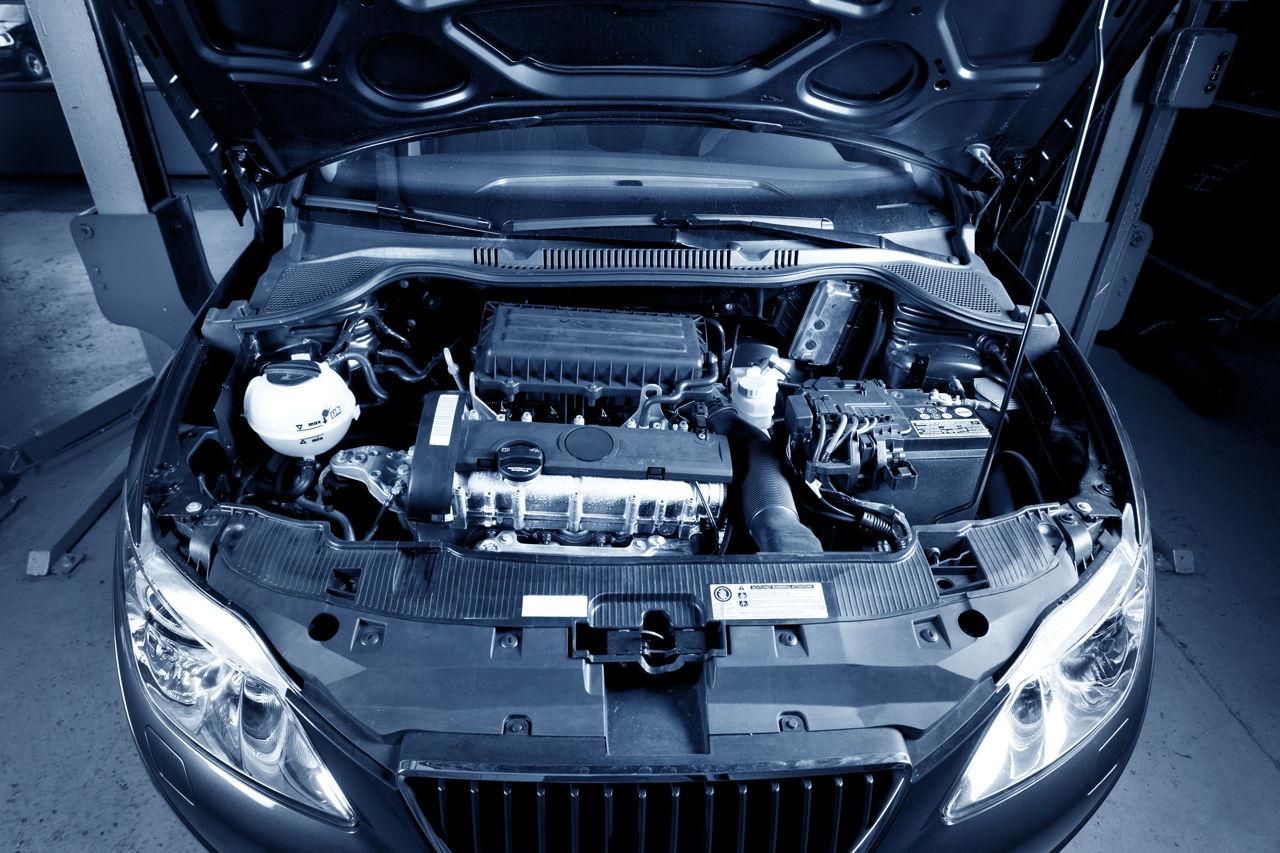The powertrain control module (PCM) works as the central computer system in a vehicle’s mechanism. It is in charge of all the components and their functions. Having such enormous importance in the operation of all the parts means that an issue with it will affect almost every aspect of a car. If you are aware of the bad PCM symptoms, it is possible to fix the module before everything leads to disarray.
What are the symptoms of a bad PCM and what are the factors that cause these issues?
Contents
What Is A PCM On A Car?
PCM is an acronym for Power Control Module. A vehicle’s powertrain consists of engine components, transmission, and transmission shafts. This computer monitors and controls the functions of each system for optimal performance. The PCM receives data using sensors that relay the information to the PCM.
As each sensor sends information to this computer, a series of complex software programs work together to adjust settings such as fuel/air mixture for the fuel system, changes in RPM, for the gearbox, and even brake effect for the anti-lock braking system. Computer systems such as ABS, throttle position sensor, and Check Engine Light send their data to the PCM.
Bad PCM Symptoms to be Aware of
The car manifests the powertrain control module symptoms with various erratic behaviors. The PCM makes the engine and transmission work in tandem. Any issue with it will cause major problems with the running of the vehicle.
Knowing the bad PCM symptoms helps to spot the troubling point and seek a solution.
A poorly running engine
The PCM is the brain behind the operation and regulation of the fuel system. Various engine components and sensors send the PCM data about the functions of the engine. The module analyses the data and adjusts the fuel mixture accordingly.

The trouble with the PCM means it cannot determine the correct fuel mixture and sends the engine either more or less fuel than it requires. When the engine gets more, the carbon emission increases and fuel economy drops. In case of the opposite, the engine will choke, stutter, and stall sometimes.
The vehicle may not start
The PCM makes sure that the engine runs smoothly and the crankshaft and camshaft have to be in the correct positions to make that happen. The module also controls the ignition timing and sparks from the spark plugs. It is highly possible that symptoms of a bad PCM include the vehicle not running at all. All these components play a part in kicking off and running the engine. When they can’t function properly, the car may not run at all. In that case, the engine will not crank, or even if it does, it will not start.
Increased emissions
As the PCM controls the fuel mixture, it is also in charge of the exhaust emission. When it supplies the engine with fuel more than necessary, the emission rate goes up and the exhaust belches out foul-smelling or oddly-colored smoke. Bad PCM symptoms may lead to a failed emission test.
Check engine and other error lights
A failing PCM disrupts the functions of many components along with the engine. As the module becomes unable to read the sensors correctly, the car won’t be able to give its best performance. The state of affairs will cause the check engine and a few other error lights to come on.
Read more:
- Auto Transmission: How to Fix When It Does Not Shift to 3rd Gear?
- The Possible Reasons for EPS Malfunction
What Triggers the PCM Failure Symptoms?
There are basically two reasons that can cause the PCM to go berserk and mess with all the motor functions of a car.
Voltage overloads
Shorts in the actuator circuit or solenoid or some other issues in these parts will cause voltage overloads and damage the PCM. A proper diagnosis by a professional mechanic will be the best way to pinpoint the problem.
Remember that if a voltage overload is causing the troubles, you must repair or replace the shorted solenoid or actuator. Otherwise, the new PCM will face the same issue.
Environmental factors
The PCM is a highly sophisticated machine that is sensitive to weather elements. Water does the most damage. Even one or two drops can render the PCM irreparable. The auto repair shops won’t even attempt to repair the PCM if it is water damage.

Extreme heat and excessive vibration are other two environmental factors that can cause the malfunction of the PCM. Vibration or heat creates micro-cracks in the circuit boards that are repairable.
Depending on the type of bad PCM symptoms, you may have to repair or replace the unit. Replacing is simple, and involves nothing more than swapping boxes. If you are doing it at home, remember to disconnect the battery before removing the old PCM and through the installation of the new one.
Watch more:
The Difference between ECM and PCM
When referring to engine electronics, most people use the terms ‘ECM’ and ‘PCM’ interchangeably. But, they are different modules with different functions. However, you should know that both the responsibility of PCM and ECM are processing signals in electronic systems, but they differ in their approach and application.
ECM stands for Engine Control Module, and it is a type of electronic control unit that is used to control various functions of an internal combustion engine. The ECM receives input from multiple sensors that monitor engine performance, such as the oxygen sensor, throttle position sensor, and mass airflow sensor. Based on this input, the ECM adjusts various parameters such as fuel injection timing, ignition timing, and idle speed to optimize engine performance, reduce emissions, and improve fuel efficiency..
On the other hand, the powertrain control module exercises control over the functions of ECM and TCM (transmission control module). The PCM is not a single unit in most vehicles. It consists of two separate units – ECM and TCM with their separate processor and ROM.
Hopefully, this article will give you more information to detect and diagnose the symptoms of a bad PCM in your car.



